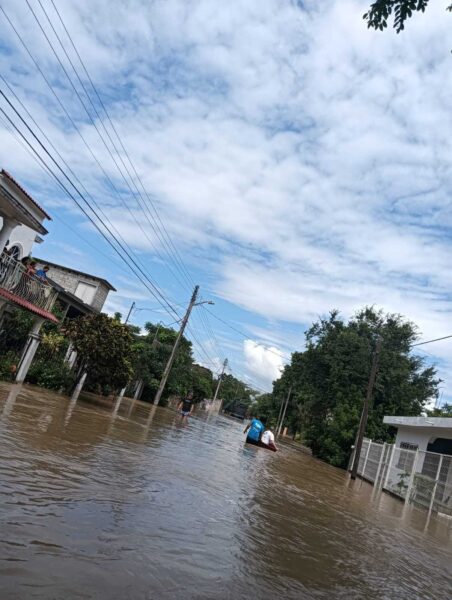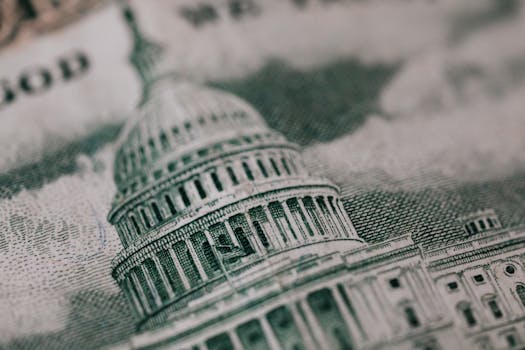Washington Conservation Action and the Washington Anti-Hunger & Nutrition Coalition believe that together, we can achieve a healthier Washington—one in which everyone has nutritious food to support their growth and ability to enjoy the clean air of our state’s beautiful landscape. Yet the ongoing hunger crisis and unprecedented changes in climate make it increasingly difficult to meet our most basic of needs.
We need a Farm Bill because it has the potential to make improvements to policy and baseline funding levels for farming, research, conservation, forestry, rural economic development, and hunger. But the House Farm Bill voted on by the Agriculture Committee last week squanders this opportunity, rejecting the lessons learned and hard-won gains from the last Farm Bill.
This is why we thank Rep. Gluesenkamp Perez, Washington’s representative on the House Agriculture Committee, for her commitment to voting based on what’s right for our struggling families and struggling family farms– we thank her for rejecting this Farm Bill because Congress can and must do better.
SNAP is our first and best defense against hunger, and this was never more clear than throughout the pandemic. USDA reported that food insecurity rates stayed stable throughout the chaotic period between 2019 through 2021, in large part because Congress approved significant boosts to SNAP benefits.
Then food security was destabilized as those SNAP increases rolled back: hunger is on the rise again in Washington. Washington Gorge Action Programs’ Food Bank Network in Skamania and Klickitat Counties represented by Rep. Glusenkemp Perez has had a 29% increase in client visits over the past two years, and similar reports can be heard from food banks throughout our state..
Rather than investing in what worked so well for our hungry neighbors, who live in the Congressional district with the second highest proportion of SNAP households in our state, the House Farm Bill cruelly cuts SNAP by nearly $30 billion over the next decade. This is just heartless, trying to score political points by taking food out of the mouths of children and families.
Not only is this Farm Bill bad for people, but it is also bad for the planet. In 2022, the President’s affordable clean energy plan (the Inflation Reduction Act) passed, including $20 billion invested in USDA’s crucial climate-related conservation efforts that support climate-smart ag practices, support resilient forestlands, and improve water and soil health. This funding represents the largest investment in rural and farming communities in decades.
But this Farm Bill puts that progress at risk. It strips all climate-related requirements for these funds, disregarding the fact that demand by farmers for climate-smart agriculture grants is more than double the current available funding. The Farm Bill must retain the intended purpose of supporting climate-smart conservation and agricultural strategies for the sake of our natural resources, our economy, and our health.
Fortunately, Rep. Gluesenkamp Perez understands that SNAP helps struggling families and elders, that our farmers and foresters want to protect our lands for the future, and that we need better than what this bill offers. We thank her for speaking up for our communities, and we look forward to supporting her work in committee as the House and Senate will have to work to build a better bipartisan Farm Bill that will actually support a healthier, climate-resilient, and more just food system for all.
Your donation ensures a sustainable future.


